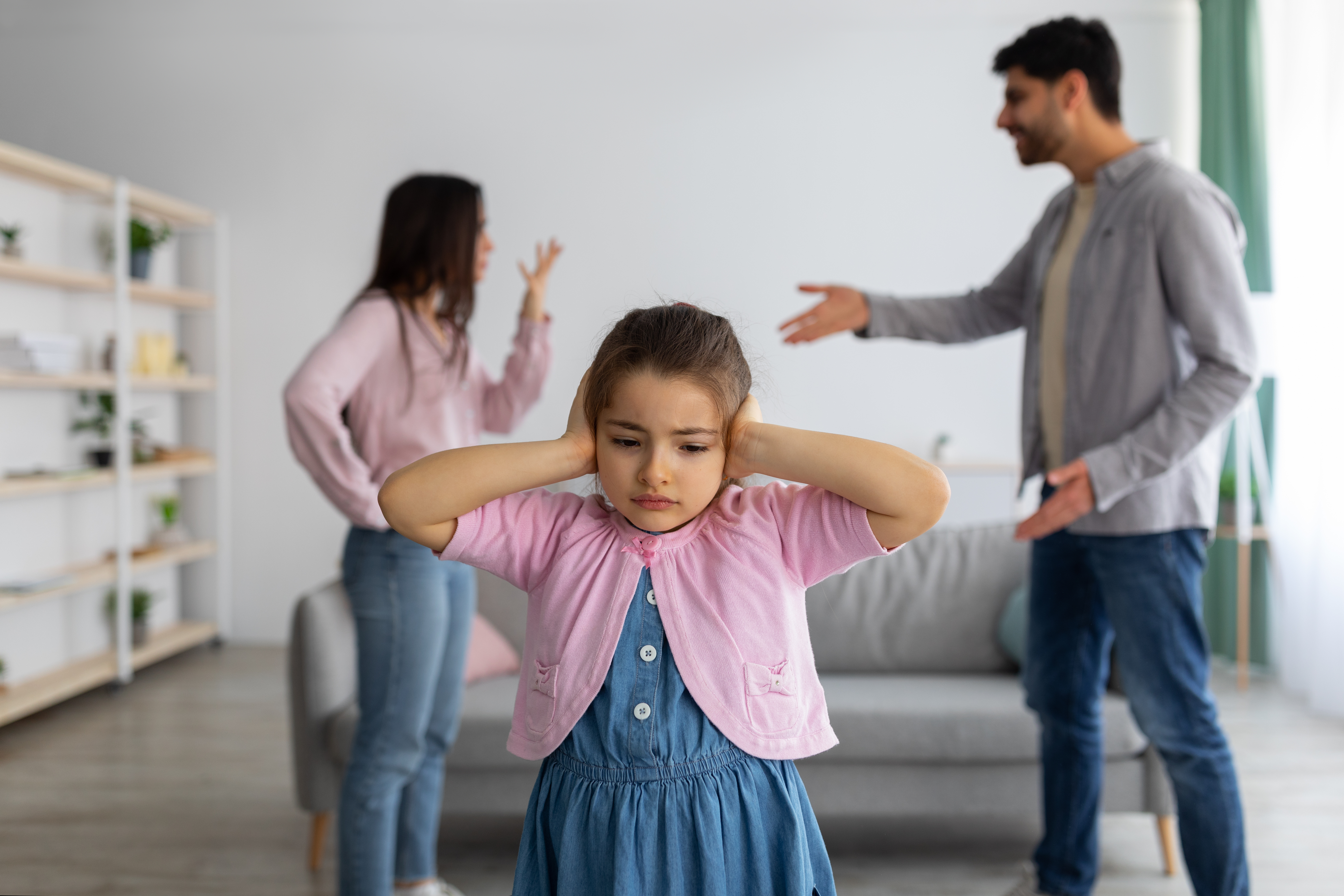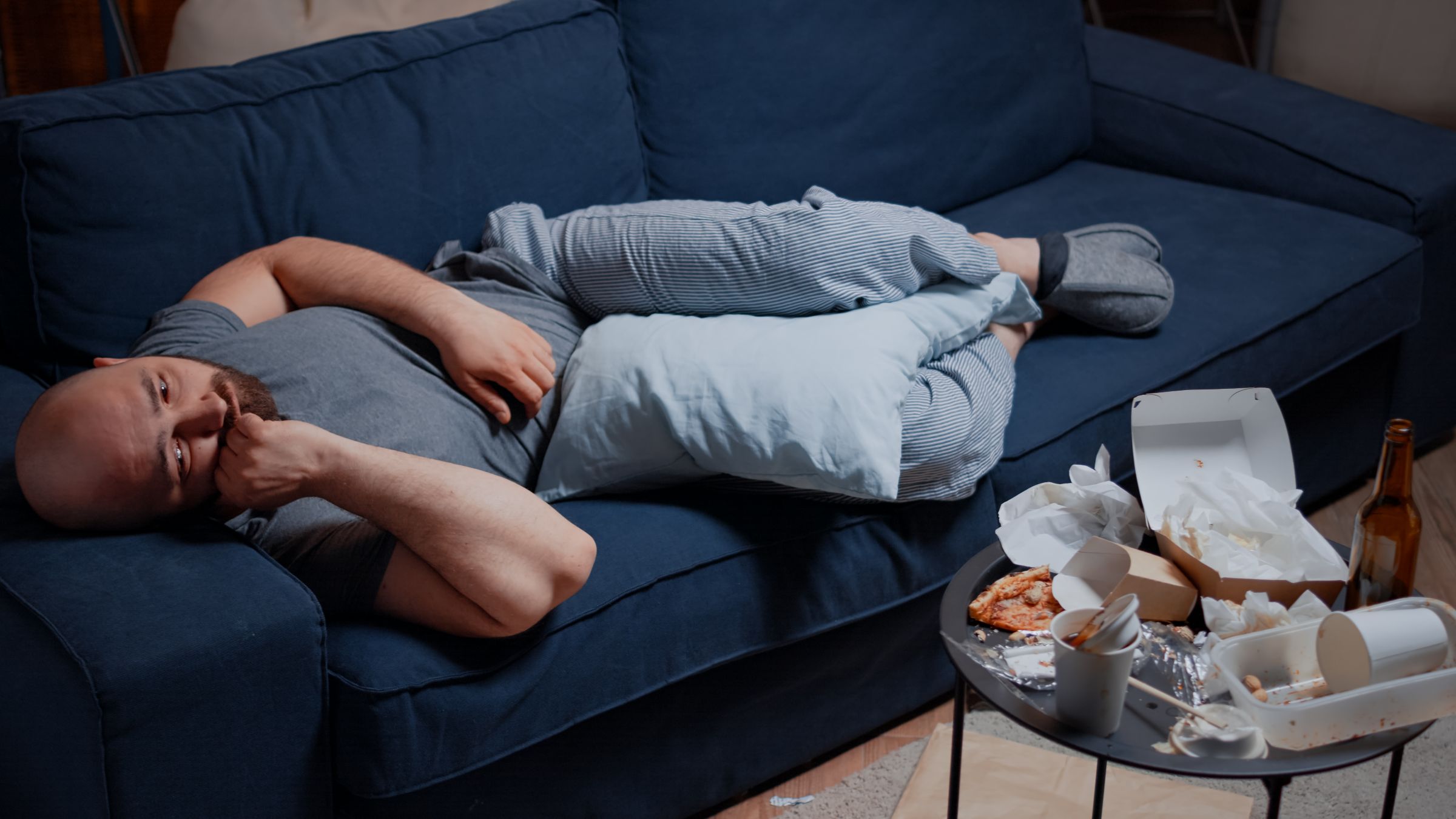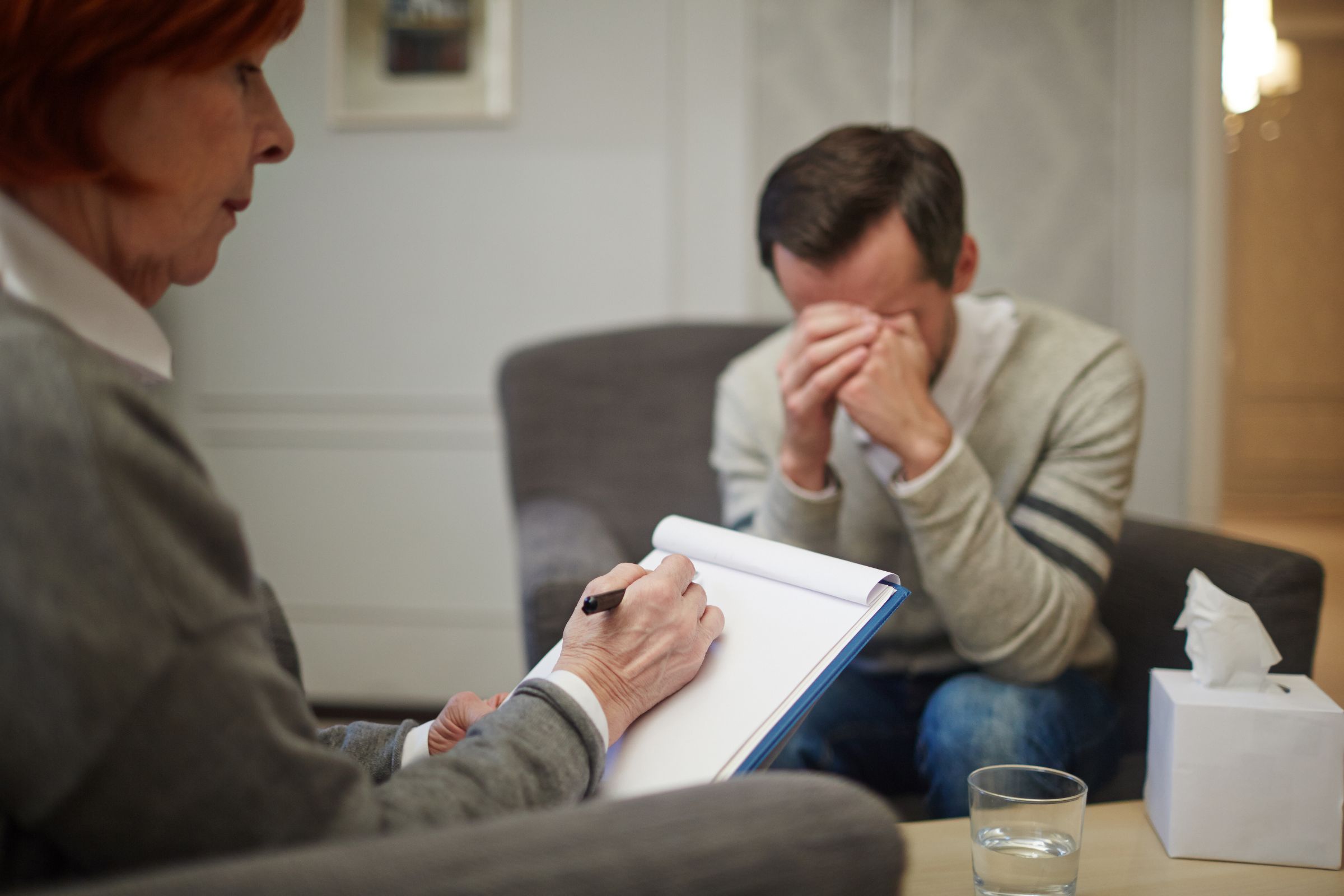While childhood can be a wonderful and fun-filled time, it can also be a time of stress, pain, and trauma.
What are traumas?
Childhood traumas are negative experiences that can affect a person's life long after they occur. Childhood trauma can be the result of a variety of negative experiences, from emotional and physical abuse to neglect and abandonment.
Childhood traumas can be caused by a variety of stressful and overwhelming situations where the most serious cases tend to be those in which children perceive that their lives or the lives of those closest to them are in jeopardy. danger, especially the lives of their parents.
These types of traumas can have a significant impact on a child's mental and emotional health, which can persist into adulthood if not properly treated.

What types of traumas are there?
In order to deal with our trauma we need to know what type we are dealing with, in order to find the most suitable solution.
The types of traumas are the following:
Physical abuse
Physical violence in childhood can include hitting, shoving, burning, and any other type of unwanted physical contact that can cause pain, injury, or emotional damage. Children who experience this type of trauma may have long-term mental health problems, such as post-traumatic stress disorder, anxiety, and depression.
Emotional abuse
Also known as psychological abuse, it refers to situations in which a child is ridiculed, humiliated, insulted, belittled, or is denied the affection and love that she needs to develop emotionally. This type of trauma can have negative effects on children's self-esteem and confidence, as well as their ability to form healthy relationships.
Negligence
neglect refers to a lack of parental care and attention, which may include a lack of medical attention, proper feeding, hygiene, and supervision. Children who experience neglect may have physical and mental health problems, as well as problems with behavior and social skills.
Domestic violence
Children living in homes where there is domestic violence can experience emotional and physical trauma. Fear, stress, and anxiety can have long-lasting effects on children's mental and emotional health.
Traumatic events
Traumatic events such as a serious accident, death of a loved one, natural disaster, or war can cause trauma in children, especially if they are directly exposed to it. This can lead to long-term mental and emotional health problems, such as post-traumatic stress disorder, anxiety, and depression.
Abandonment
abandonment refers to situations where children are left alone or neglected by parents. This can include a lack of emotional care, such as a lack of support and affection, as well as a lack of physical care, such as a lack of food, water, and medical care. Children who experience neglect may have mental and emotional health problems, such as depression, anxiety, and difficulty establishing healthy relationships.
Child abuse
Here we refer to any unwanted activity that an adult imposes on a child, including inappropriate touching, indecent exposure, voyeurism, coercion, or any other form of child exploitation. Child abuse can have lasting negative effects on the mental and emotional health of children, including post-traumatic stress disorder, anxiety, depression, among others in adulthood. It is important to report any type of child abuse to protect children and allow them to grow up in a safe and healthy environment.

How do childhood traumas affect adult life?
Each of these types of traumas from childhood can have a negative impact on a person's adult life. People who have experienced childhood trauma may have difficulty forming healthy relationships, keeping jobs, or managing their emotions. They may also have mental health problems, such as depression, anxiety, post-traumatic stress disorder (PTSD), and eating disorders.
Below we detail each of these problems better:
- Mental and emotional health problems: People who have experienced childhood trauma may be at higher risk of developing mental and emotional health problems such as depression, anxiety, post-traumatic stress disorder (PTSD), personality disorders, and addictions.
- Relationship problems: Childhood traumas can hinder people's ability to form healthy and fulfilling relationships. They may experience difficulty trusting others, feeling close to people, or expressing their feelings appropriately.
- Physical problems: Childhood traumas can also have physical effects on health, including headaches, sleep disturbances, eating problems, and chronic illness.
- Self-esteem issues: People who have experienced childhood trauma may have low self-esteem and feel insecure about themselves. They may have difficulty accepting their own identity and have a negative self-image.

What can I do to overcome my childhood trauma?
However, there is hope. There are many ways you can overcome childhood traumas and lead a full and happy life. Here are some ways to overcome childhood trauma:
Seek professional help
It's important to seek professional help if you've experienced childhood trauma. A therapist or counselor can help you identify and process your emotions, and develop trauma coping skills. They can also help you set goals and develop a plan to achieve them.
Connect with friends and family
Surrounding yourself with people who give you love and support can go a long way in helping you overcome childhood trauma. Share your feelings and emotions with people you trust, and find activities that help you feel more connected and happy.
Practice self-care
Taking care of yourself is crucial to overcoming childhood traumas. This can include exercising regularly, eating a healthy diet, getting enough sleep, and participating in activities that you enjoy and feel good about. You can also practice relaxation techniques, such as meditation or yoga, to reduce stress and anxiety.
Learn new skills
Learning new skills and developing interests can help you feel more confident and self-assured. It can also help you develop a sense of accomplishment and self-esteem. Consider taking a cooking class, learning a new language, or joining an interest group.
Find a purpose
Discovering your purpose in life can be a great help in overcoming childhood traumas. Think about the things you are passionate about and how you can use your talents and abilities to make a difference in the world. You may also consider volunteering with an organization that supports a cause you care about.
Be kind to yourself
Being kind and compassionate to yourself is an important part of overcoming childhood trauma. Acknowledge that you've been through something difficult and give yourself time to heal and recover. Don't blame yourself for what happened, and remember that you are doing the best you can.
Childhood traumas can have a lasting impact on a person's adult life. It is important to seek the necessary help and that best suits our personality to overcome our traumas.
Do not feel alone in this, many people have gone through the same thing and have found a way to get over it and have a happy life. If you need help, don't hesitate to seek it. Remember that there is always hope and the possibility of healing.


























Comentarios